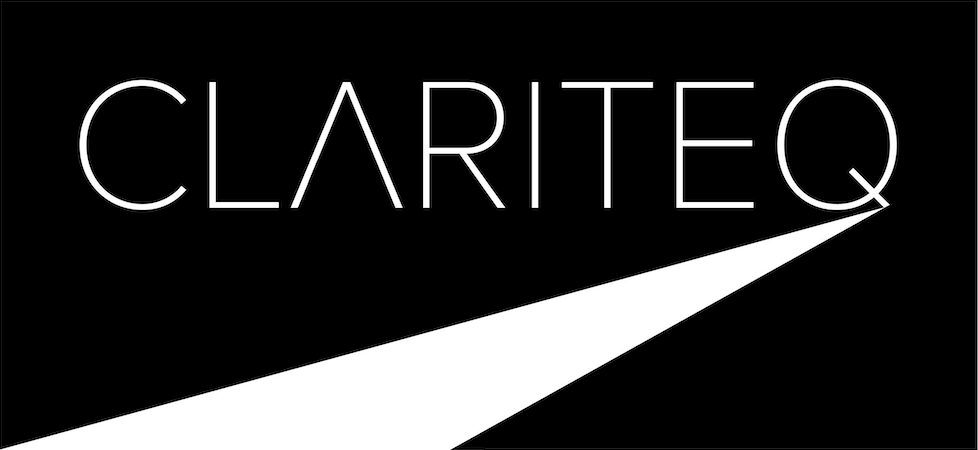Integrating Change into Your Business Process Approach – Timing Is Everything
Throughout forty years of consulting, the speaker has refined methods and techniques that lead to significant process change in as little as two or three days. It has also led to interesting observations from clients about its impact on change. One said, “When we follow the method strictly, the usual resistance to change simply doesn’t materialise.” Another said, “We like the way support for change is built in throughout the method, not bolted on at the end.” This is not an accident - refinements to the techniques, and to their sequence and emphasis been chosen to help participants understand and embrace the need for change. They also help avoid unanticipated consequences.
This session will introduce the central features of this methodology and introduce “minimalist” but highly effective session plans.
Key points include:
People want to be heard – the value of “venting” in discovery sessions.
Never start with “why?” - the problem with doing problem statements too soon.
“What” first, “who and how” later – how “abstraction to the essence” dissipates resistance.
Understanding all perspectives – the critical role of a stakeholder- and enabler-based assessments
Avoiding the Big Bang – a feature-based approach to process design/redesign.
One-sentence description
Alec has observed many times the often-mentioned “resistance to change” doesn’t arise in his assignments; here, he explains the techniques that account this.

